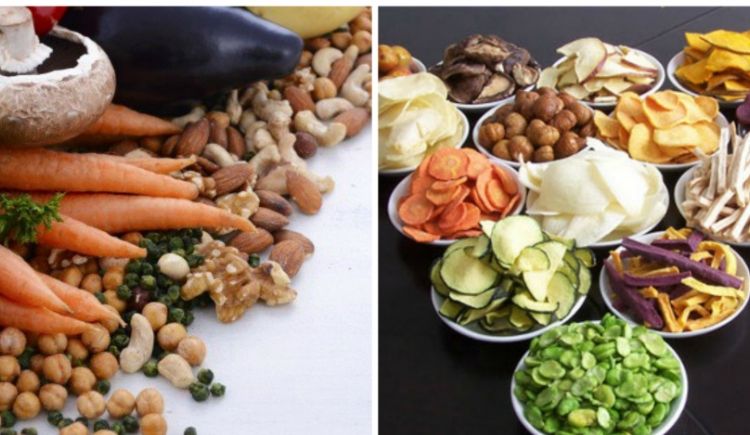3 Everyday Mistakes That Cause Digestive Problems
Health
Who amongst us hasn’t experienced the discomfort of digestive problems? Whether it’s a bloated stomach, indigestion, acidity, constipation, or flatulence that bothers you, problems with digestion can be annoying and even embarrassing.
The good news is that these problems can be easily avoided by making a few changes to your eating habits.
It is always easier to prevent a digestive problem rather than to tackle one, so make an effort to correct eating behaviors that aggravate these problems. Here are 3 simple strategies that can help to prevent the discomfort of indigestion:
Simple Tips To Prevent Digestive Problems:
1. Fruits Are Healthy But Don’t Mix Them With The Main Course –If you want to make a meal of fruits, go right ahead, but don’t mix them with other foods. Fruits are easy on your digestive system, as they are broken down and absorbed by the body much more rapidly than other foods. This very same feature also poses a problem when they consumed with meals. As the fruits are broken down at a faster rate, your belly is, quite literally, turned into a fermentation tank. This results in digestive problems like gas buildup, bloating, and discomfort. If you are trying to cut down on your intake of other foods, make it a point to consume fruits at least half an hour before meals, instead of combining the two.
2. Don’t Eat Till You’re Ready To Burst – Food is a guilty pleasure for most of us and that’s nothing to be ashamed of. We’ve all done it occasionally, especially when the food is particularly appetizing. Nevertheless, it should be pointed out that your stomach has a limited capacity (roughly that of the size of your fist) and pushing it beyond the limits will naturally pose some problems. While you can be excused for overeating from time to time, it is something that you should avoid doing as far as possible. When your digestive system is overwhelmed with such an excess, it does not function efficiently, resulting in indigestion and bloating, as well as a buildup of toxins in the body. Prolonged or regular overeating will ultimately result in severe digestive problems and will also weaken your immunity, making you more susceptible to infections. Ideally, each meal should consist of serving that would fit into your palms when your hands are cupped together. If you’re serving yourself a lot more than that, there’s a good chance that you are overeating.
3. Don’t Reach For The Cold Water – A glass of icy cold water can be incredibly refreshing, and a great relief when you are eating spicy food, but it’s not a good idea. On the contrary, warm water is much better for digestion, if you must get some fluid in, while you eat. There’s a logical explanation for why cold water impedes digestion, while warm water facilitates it. If you were to pour cold water down a metal pipe, the metal would contract, restricting the flow of any fluid or other substance. While you may not be the ‘man of steel’, your body responds to water in a manner that is very similar. Likewise, greasy foods congeal with lower temperatures and melt at higher temperatures. Whether it’s a cheesy pizza that you are eating, or a stir fry, most foods to contain some amount of oil or fats, which means that they react to your water intake in a similar manner. This dual effect of cold water severely impairs digestion and increases the risk of gastric disorders. While warm water isn’t particularly refreshing, especially during summer, at least stick to drinking room temperature water with your meals.
Making a drastic change to your life is never easy, especially when the change affects your eating habits. To make the transition a little easier, try to gradually incorporate one change at a time. As you adjust to your new eating routine, you will find that it’s not just your digestive system that benefits. These healthy eating habits will also enhance your general health and boost your mood.
Like









Be the first to post a comment!